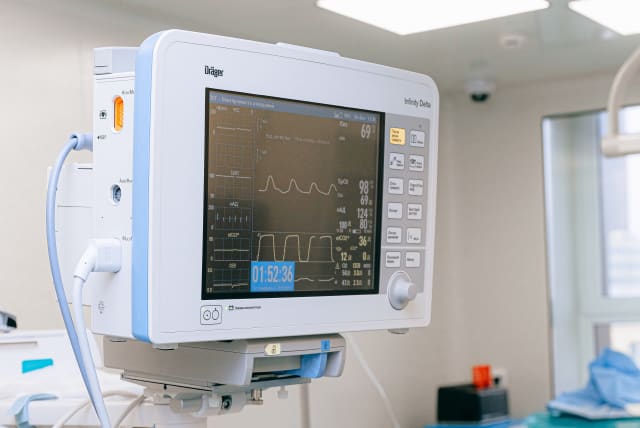Can cancer kill within 24 hours of diagnosis? This case proves that it can

Kyle Limper, 16, from Philadelphia, was a normal and active teenage boy who played several sports. After suffering from severe back pain, he went to a local hospital to find the cause.
Can cancer really kill in 24 hours? A US family says their "fit and healthy" teenage son died of leukemia just one day after he was diagnosed.
The devastated family has revealed that their son, who was very active and athletic, died of leukemia just 24 hours after being diagnosed, which begs the question - can cancer really kill in such a short period of time?
Kyle Limper,16, started having back pain in early April after playing basketball, but within days he was so sick he couldn't stand anymore. His family said there were no earlier warning signs, but when the cancer was finally diagnosed, his organs had already begun to collapse and he died on April 13, within hours of the diagnosis.
Dr. Arif Kamal, chief medical officer at the American Cancer Society, said that patients can die from leukemia even within 24 hours of diagnosis, as cancer grows quickly and may only be caught in late stages when it has already spread.
It's not yet clear what type of cancer Kyle had, but the two most common types in young people are acute myeloblastic leukemia (AML) and acute lymphoblastic leukemia (ALL). In these cancers, white blood cells begin to grow uncontrollably within the body before spreading to blood vessels and vital organs.
Kamal told the DailyMail that the late detection of Kyle's cancer was probably due to a combination of missed symptoms and the speed with which cancer progresses. He said that usually, patients feel really run down, and tired, sleep a lot and may lose weight unintentionally. But it’s possible for a person to miss the warning signs, especially an athlete who's wrapped up in playing a sport and might ignore a few aches and pains.
Kamal said that with some types of leukemia, such as chronic leukemia, patients can have the disease for months or even years without having any symptoms. Yet, symptoms usually appear within a few weeks as the primary cancer cells divide rapidly and spread within the body.
Some types of cancer move quicker than you thought
Can these changes occur over several days? Definitely. Kamal added that it's not surprising. In his experience, someone could have seemed perfectly healthy a week or two ago and could even get normal blood test results but things can change quickly over a few days.
The normal white blood cell count is between 4500 and 11,000 per microliter of blood. But when patients have leukemia, it can rise even within a week to more than 200,000 white blood cells per microliter.
When asked how the patient could have died so soon after the diagnosis, he said that it may have been due to the late diagnosis and any treatment he received. The late diagnosis means that there were already large numbers of cancerous white blood cells in his system, which prevented his vital organs like the heart, liver, kidneys and lungs from working properly.
Doctors may have administered chemotherapy to kill cancer cells, he said, but the resulting damage may have put too much strain on his vital organs.
Kamal added that leukemia is a medical emergency and people die if they don't get treatment within hours to a few days. Although back pain isn't always a symptom of cancer, it may be caused by cancerous white blood cells that have formed a mass near nerves or joints in the spinal cord that are causing the symptoms.
They can also accumulate within the bone marrow, causing it to rapidly expand in size and also put pressure on nerves within the bone tissue.
As mentioned, Limper died after his organs collapsed. The youngster had appeared fit and healthy and was a keen athlete competing in American football, wrestling and running. But, after playing in a basketball game in early April, he walked off the court saying his back hurt. His parents took him to an emergency room at Jefferson University Hospital in Philadelphia, but after doctors found nothing, they told the family to return in a few days if the pain continued.
After he could no longer stand, his parents took him to St. Christopher's Hospital near their home in Kensington, a neighborhood in Philadelphia, where doctors diagnosed him with leukemia and said that his organs had already collapsed.
Jerusalem Post Store
`; document.getElementById("linkPremium").innerHTML = cont; var divWithLink = document.getElementById("premium-link"); if (divWithLink !== null && divWithLink !== 'undefined') { divWithLink.style.border = "solid 1px #cb0f3e"; divWithLink.style.textAlign = "center"; divWithLink.style.marginBottom = "15px"; divWithLink.style.marginTop = "15px"; divWithLink.style.width = "100%"; divWithLink.style.backgroundColor = "#122952"; divWithLink.style.color = "#ffffff"; divWithLink.style.lineHeight = "1.5"; } } (function (v, i) { });

